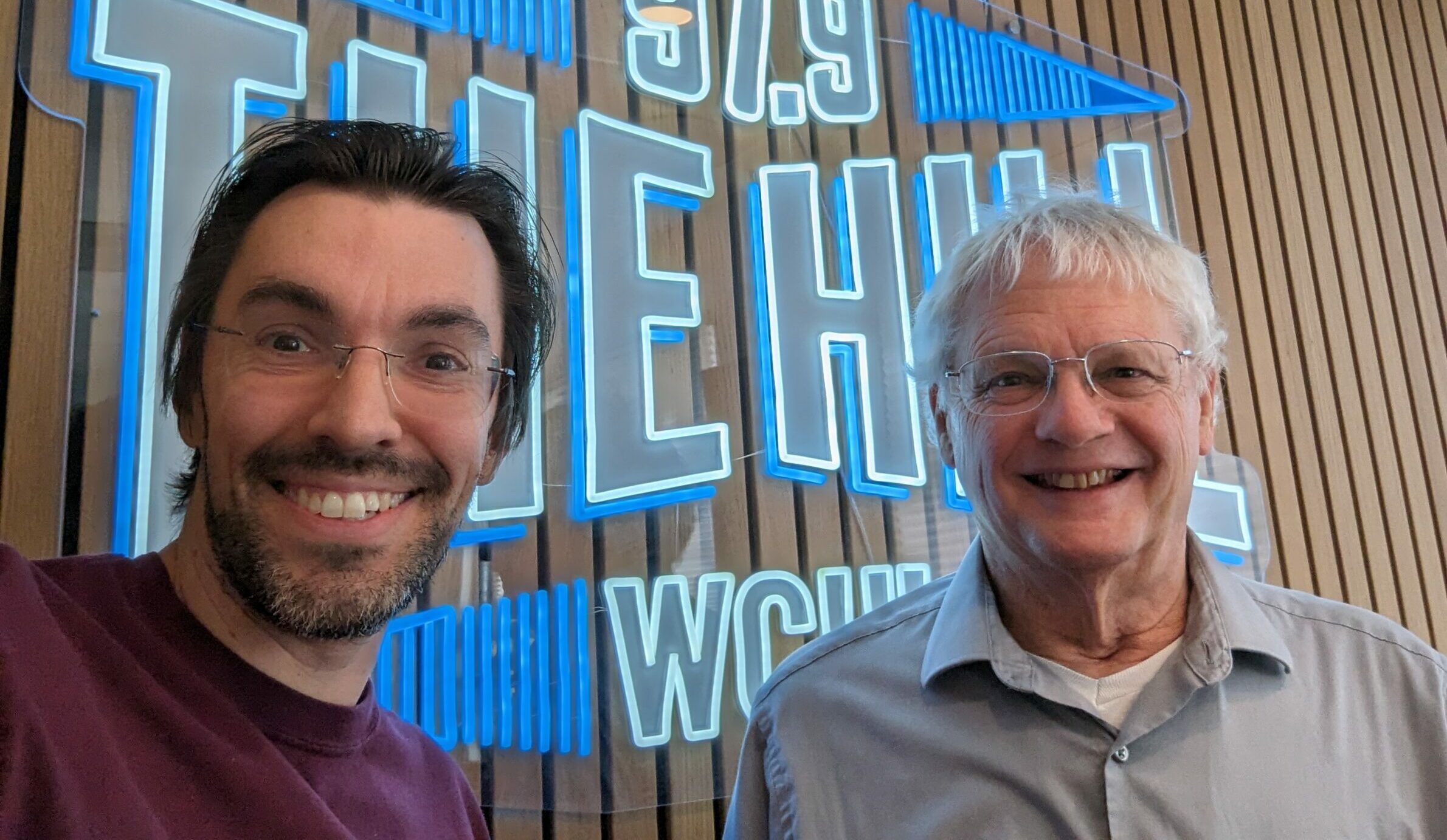The future of higher education: it’s going to be a major issue for the General Assembly this year, as well as a major issue at the national level with a new presidential administration. Colleges and universities are planning for their own futures as well, at a time of great uncertainty and significant transition.
What should tomorrow’s colleges and universities look like? How should we be devoting our resources? What should our priorities be? What should be changed, and what should remain the same?
WCHL’s Will Arrington is looking into the future of higher education this year, with perspectives from all sides of the political spectrum. In Part 2 of a series, he sits down with one local lawmaker who says the key is to make college accessible.
Listen to the report.
In the NC General Assembly, Rep. Graig Meyer (D-Orange) has consistently been one of the most prominent progressive voices. Meyer has been an outspoken opponent of HB2 and a proponent of raising teacher salaries to the national average.
That progressive tendency extends to higher education reform as well.
When asked which issues he hears about from those in higher education, Meyer says he hears about “tenure issues, faculty pay, the political independence of faculty members and the ability to turn research into viable [change and productivity].” He says many of the solutions he hears are “fairly straightforward,” but he also discusses how faculty members ask legislators to protect their research and political independence.
Rep. Meyer is skeptical about the latest trend in progressive thinking regarding higher education: publicly funded free college. He says he doesn’t think Bernie Sanders’ solution will necessarily dramatically change the landscape of who goes to college.
“Higher education is not a universally used commodity,” he says, “and it tends to be used more by affluent families than poor families. That could change if tuition was free of course, but it’s likely that children from wealthier families will continue to be more well educated. [Therefore] the tax burden [will be shifted to] poor people since their kids are less likely to go.”
Despite his skepticism, he says he’s open to Bernie’s proposals, as well as Hillary Clinton’s plan for debt-free rather than publicly funded free college.
In his own words, he’d vote for “whichever one we can get through [the state legislature].”
Rep. Meyer expresses trepidation about the Republican proposals for higher education reform. On Florida Senator Marco Rubio’s plan to reinvent higher education funding by “[allowing] students to team with investors to pay for their college education in exchange for a percentage of their earnings for a period of time after graduation,” Meyer says, “We have no model for that plan. I would want to see it tried somewhere, anywhere, before saying it’s a good solution for North Carolina.”
Meyer also says Republican policies are at least in part to blame for upholding education reform. He says one of the main ways to lower higher education costs “is to increase the amount that the state spends on universities – and Republicans don’t want to increase state spending at all.” However, he also says there’s another factor driving up costs, something he admits neither party is willing to deal with: decreasing current spending.
“There’s not much political will for saying we’re going to cut faculty [or cut] spending on University faculty,” he says.
Rep. Meyer says he thinks a liberal arts education “should prepare people to be thinkers and to be creative and adaptable to a changing world.” However, he acknowledges that the current model does not necessarily guarantee students stability.
“For those (students) who are going to be in the work force for another 40-50 years, we don’t have any ideas what kind of jobs you’ll need to be prepared for,” he says.
In the long run, though, he says community colleges will be at the forefront for innovation and job training.
“We need a community college system that has the ability to adapt to introduce new classes and adapt what it’s teaching relatively quickly,” he says. “[I’ve] talked to [Durham Tech] about advanced manufacturing training, because we in the Triangle have a lot of advanced manufacturing. [I’ve also talked about training in] coding and the skilled building trade, [because] we have a lack of people who are trained in the trade.”
And Rep. Meyer says he values the traditional liberal arts because of their ability to “[prepare people] in fields of work and leadership where creativity and adaptability are valued.” He also acknowledges that STEM fields are becoming more popular in higher education, while community colleges are increasingly becoming the standard for training people in more concrete fields.
He says there’s no need right now to mess with that equation – and that he’ll fight to expand access to higher education across the spectrum.







